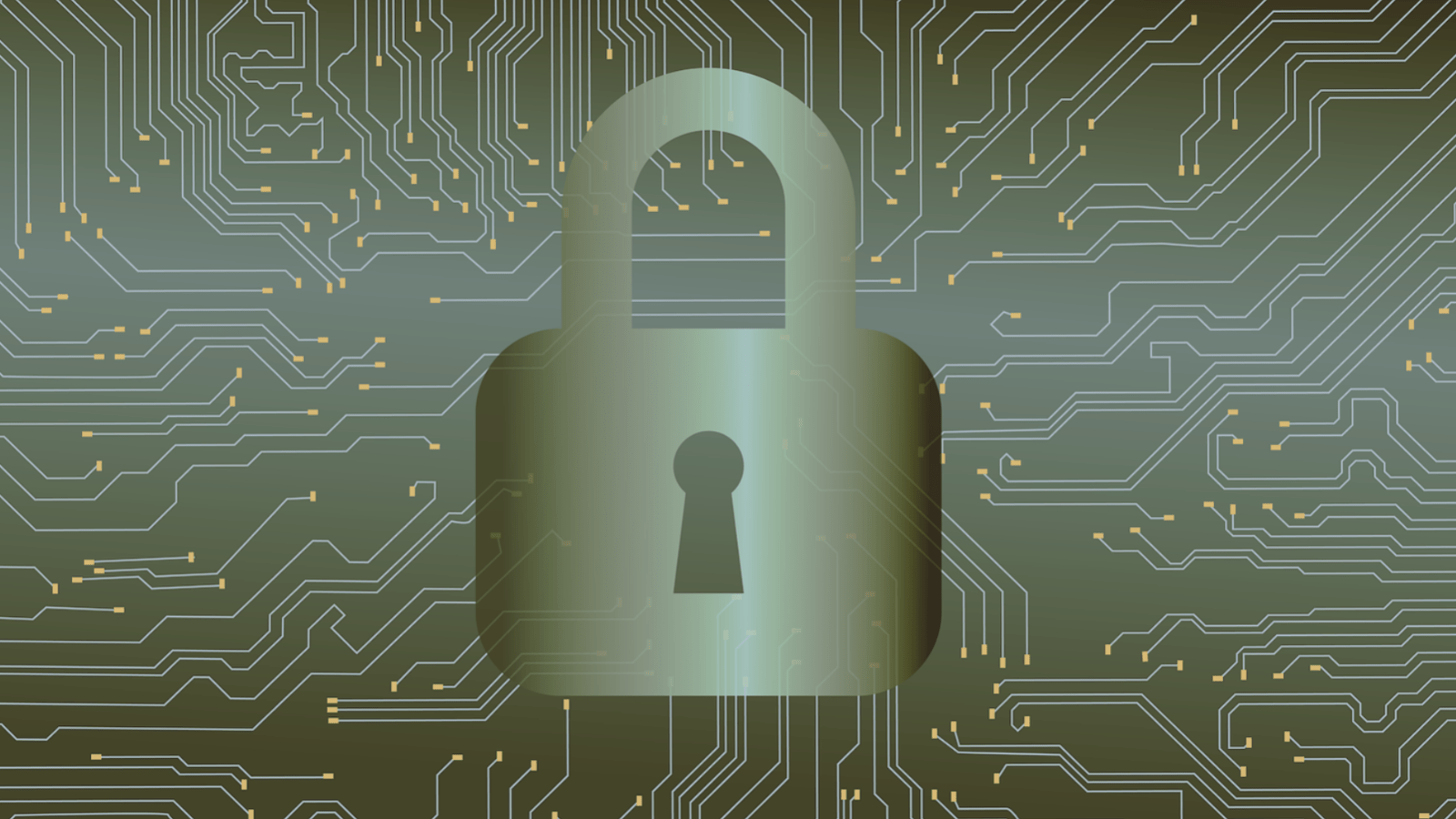The term “Smart City”, far from being a utopian and futuristic concept, defines an absolutely current and concrete reality both in reference to the public administration and to private realities.
Fully understanding this complex scenario and how it is linked to other public digitization projects will allow us to easily identify the solutions most immediately needed by citizens.
According to a recent survey, the increase in crime has been high in the last year and people do not feel safe and would like more control measures. It is clear that the improvement of urban security is so important that it cannot be ignored. Artificial Intelligence tools such as Computer Vision are valid allies to support all public safety operations.
One of the key objectives of smart cities is precisely to ensure security in an integrated way.
Smart cities between innovation and safety
Transforming a city into a smart city means implementing a set of strategies that can make the urban infrastructure system efficient and sustainable.
Currently, this project represent an innovative approach to the design and management of cities, using technology and digital infrastructure to improve the quality of life of citizens.
Urban security is one of the key aspects of these smart cities, as it aims to ensure a safe and secure environment for residents and visitors. Among the main features we can find:
- Monitoring technology: the use of advanced technologies such as sensors, surveillance cameras, detection systems and data analysis to constantly monitor urban activities. These systems help identify potential threats or suspicious activity and allow law enforcement to respond quickly to emergency situations.
- Connection and communication: in smart cities, information and data are shared and communicated between different agencies and organizations involved in urban security, such as police, emergency services and local administrations. This facilitates a coordinated and timely response in the event of accidents or critical events.
- Crime reduction: the use of advanced technologies, such as Artificial Intelligence and machine learning, can help prevent crime. For example, data analysis algorithms can help identify potential hazards and enable targeted interventions.
- Citizen participation: digital technologies can actively involve citizens in urban security. Mobile apps for reporting problems or dangerous situations, and citizen interaction platforms, can help build a sense of community and encourage collaboration between residents and law enforcement.
In summary, smart cities and urban security go hand in hand, using technologies and data to make cities safer, more resilient and more enjoyable for their inhabitants.
Computer vision for safe cities
Urban security will be increasingly supported by video surveillance, which will be widespread, highly technological and intelligent.
In fact, there can be no “Smart City” without it also being a “Safe City“.
Many towns already have surveillance cameras that would seem to be obsolete and unused. Completely renewing the infrastructure system would require a really expensive investment.
However, there could be an excellent compromise that consists of keeping the cameras already present in the urban area and investing in Computer Vision software that analyses the video streams of multiple devices at the same time. In this way the costs of innovation will be much lower, while still obtaining an excellent result.
Intelligent video analysis software is an excellent opportunity to make urban centers safer and offer important help to the Governance of those PAs that want to open up to innovation or not and above all improve urban security.
You may also be interested in…

AI AND MACHINE LEARNING: THE REAL LEADERS OF CYBER PROTECTION


